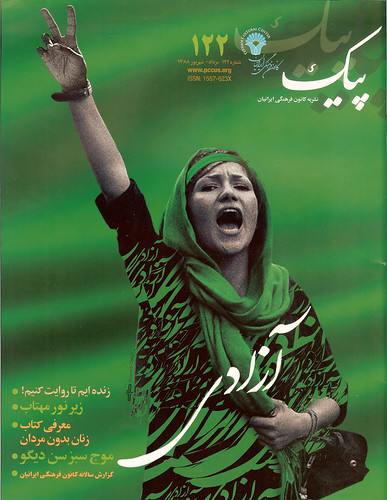
The introduction of imperialism in America led to a mad chase to intervene in other countries' affairs. It was a time of great power for the United States and, seeing all of their power, other countries turned to them for help.
There were many causes for imperialism in the United States in the late 1800s. The humanitarian reason was that many people such as doctors and missionaries believed they should spread law medicine, and Christianity to other countries. With the growing industry, they needed natural resources (rubber, petroleum) which were available in other cou

ntries. They also wanted to get involved with other international markets. The rise in nationalism was also a big factor. They believed they were superior to other countries, and they wanted to protect their interests. Another major cause for imperialism was military factors. America's growing navy needed bases for refueling. Their advances in military technology also put them ahead of other countries.
The first example of American Imperialism in the late 1800s was when a secretary of state had the president send 50,000 troops to the Mexican border to scare off the French's colonial virtues into Mexico when they put an emperor on the Mexican throne. The second instance was when Secretary of State Seward bought Alaska from Russia in 1867. He convinced the Senate that Alaska had many natural resources that could be useful to them. In 1867, Seward annexed the Midway Islands to use as refueling stations for the navy. In 1870, President Grant announced that he would protect the Caribbean Islands from transfer to a European power.
The most significant example of American Imperialism was America's interference with a Cuban rebellion against Spain. Cubans had forcefully asked for American help. When President McKinley sent a list of demands to Spain to find a peaceful solution, Spain refused to give Cuba its independence. This started the Spanish-American War which, after several battles, was ended when the US Navy sank all the Spanish ships. In the Treaty of Paris, the Spanish recognized Cuban independence, and Spain gave up the Philippines, Puerto Rico, and Guam to the US for $20 million.
In 1899, the Philippines had expected to gain their independence after the war. When the United States refused to acknowledge their independence, a three-year war followed. They didn't gain their independence until 1946.
After the war, President McKinley installed a military government in Cuba to protect American business interests and to help restore economic stability. The Cubans felt betrayed and that the Americans were taking Spain's place. This ended after agreeing to the Platt Amendment.
Puerto Rico didn't become independent. The US maintained a military government there until 1900. In 1900, the Foraker Act was passed and a civil government was established in place of the military, but it was still controlled by the US. Over time more control and freedom was given to the Puerto Ricans. The US granted Puerto Ricans American citizenship and retained the power to appoint key officials, but the congress did not apply to them.
The United States annexed Hawaii at the request of Sanford B. Dole after he overthrew the queen. President McKinley didn't consider the wishes of the Hawaiian people. He annexed it to have a naval station to protect world trade.
A year after the annexation of Hawaii, the US acquired the harbor at Pago Pago in Samoa after some controversy.
The US bought a 10 mile-wide strip of land from Panama for $10 million to build the Panama Canal. In order to do make this purchase, President Roosevelt told them that if they didn't accept it, the US would not help the Panamanians in their revolution against Colombia. This part of the deal left Latin Americans with hatred towards the US. Under Roosevelt, US intervention in Latin America became common.
In 1905, Roosevelt meditated a peace agreement to the Russo-Japanese War. He helped keep trade in China open to all nations.
In 1913, President Wilson refused to recognize General Huerta and his illegal actions in Mexico even though all the US investments in Mexico were at stake.
The arguments for imperialism were that it would help economic growth by solving the overproduction and the problems that came with it. The international expansion of markets was also a big point. They wanted to help general defense and protect the markets by having refueling stations for the Navy. Also, they believed in the idea of manifest destiny and they felt it would help them become economically competitive to preserve the American Spirit.
The arguments against imperialism were that people in territories controlled by the US should be entitled to the same guarantees in th Constitution as Americans and it was said that imperialism threatened the nation's democratic foundations. Anti-imperialists argued that expansion involved too many costs and that laborers that would come to the US from the territories would take up the jobs of Americans. They also said that trade with these countries would hurt American Industries, and they saw racism at work in imperialism.
The United States intervened with other countries' affairs for their own benefit and used the excuse of helping them to make it acceptable. The positives did not outweigh the negatives. Even if some countries eventually gained their independence and others came to agreements, many people died in the process, and the US didn't always do what they said they would. Since the main reason for the interventions was for the US to succeed economically, it doesn't make it right for the countries to suffer from it, even if they would eventually be helped.
Images
HERE and
HERE








